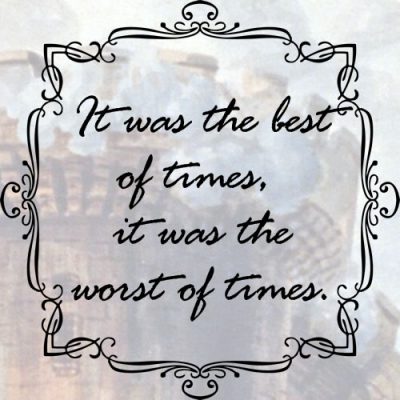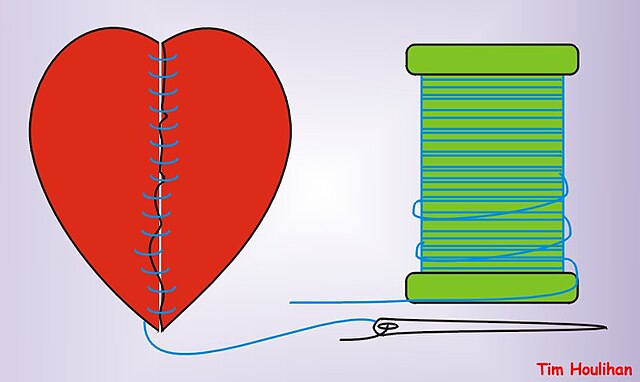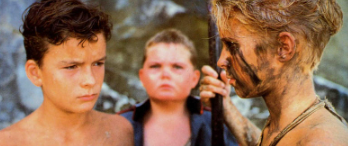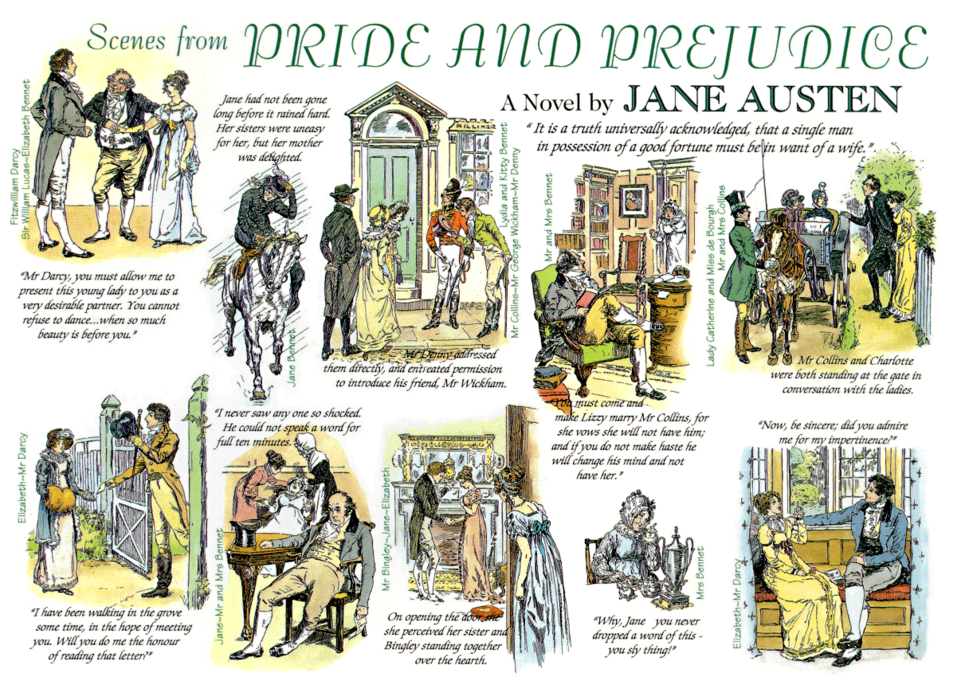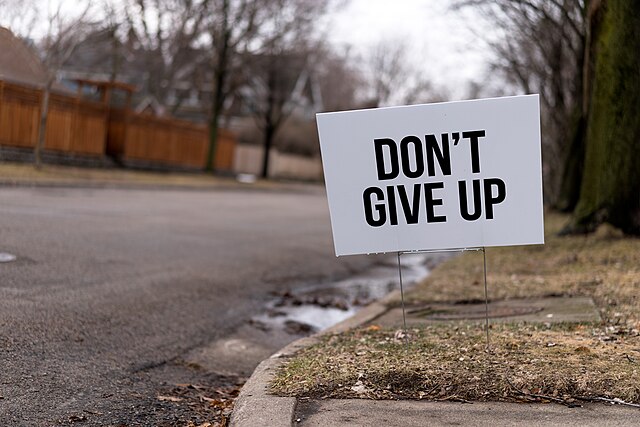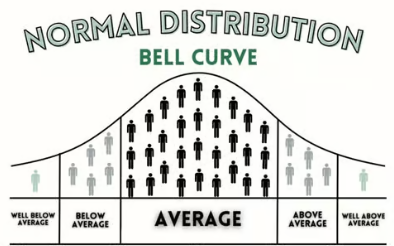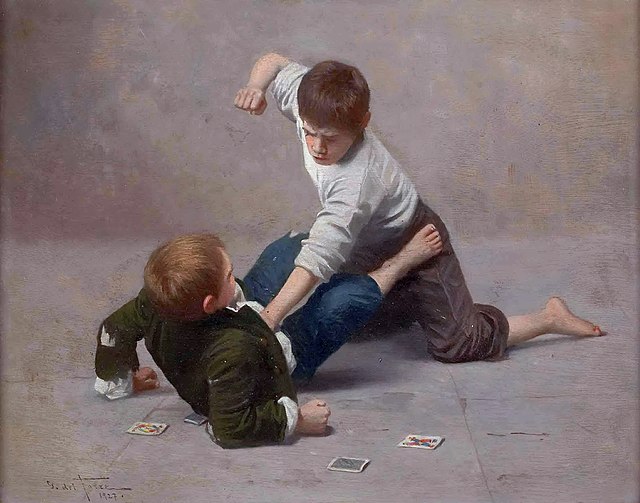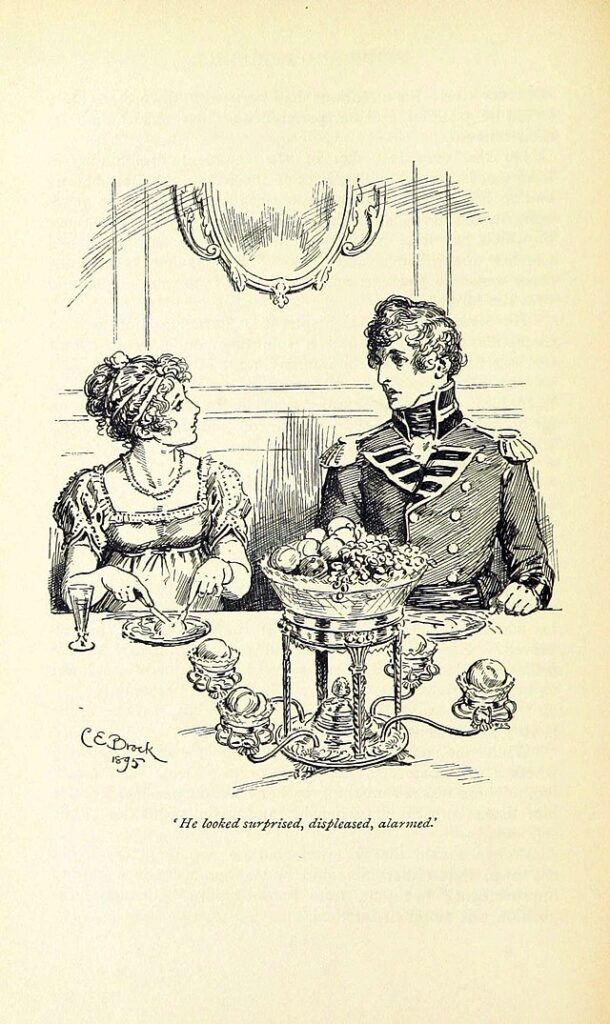Play to Your Strengths

Be Up-Front
Agent Pete often says that writers should play to their strength and put it front and centre in the opening of their novel. It sounds so obvious but this hadn’t occurred to me before I heard him say it. Are you good at dialogue? Open with a conversation. Do you excel at action? Start with a bang. Emotion, setting description, characterisation…whatever you’re great at, get it in early. Hook the reader from line one. Make them desperate to read on. Isn’t that what we all want?
Examples
Characterisation
“Call me Ishmael,” Herman Melville writes in the opening of Moby Dick and we know we’re in for a passage of super first-person characterisation.
Likewise, Scout’s way of introducing Jem in Harper Lee’s To Kill A Mocking Bird tells us much about both characters: “When he was nearly thirteen, my brother Jem got his arm badly broken at the elbow,” she begins, going on to reveal much about her brother from her description of his lack of self-consciousness regarding his subsequent asymmetry and her thoughts about the events which led up to the incident.
“If you really want to hear about it, the first thing you’ll probably want to know is where I was born, and what my lousy childhood was like, and how my parents were occupied and all before they had me, and all that David Copperfield kind of crap, but I don’t feel like going into it, if you want to know the truth.” J.D. Salinger’s introduction to Holden Caulfield is memorable because while claiming not to want to describe who he is, his attitude reveals that very thing!
January: An Exceptionally Bad Start. Sunday 1 January. 129 lbs (but post-Christmas), alcohol units 14 (but effectively covers 2 days as 4 hours of party was on New Year), cigarettes 22, calories 5424… Helen Fielding’s intro to Bridget Jones. Says it all, really.
Setting
“It was the best of times, it was the worst of times,” Dickens states in the beginning of A Tale of Two Cities, and we know that the scene is about to be set.
“124 was spiteful. Full of a baby’s venom. The women of the house knew it and so did the children.” Toni Morrison evokes a sense of both place and atmosphere in this striking opening.
“Last night I dreamed I went to Mandalay again.” Daphne Du Maurier breaks the ‘don’t open with a dream’ rule but hey, it works!
And Just Plain Fantastic
I think that what I like about these openings is the element of the unexpected:
“The story so far: in the beginning, the universe was created. This has made a lot of people very angry and been widely regarded as a bad move” – The Restaurant at the End of the Universe (Douglas Adams)
“It was a bright cold day in April, and the clocks were striking thirteen” – Nineteen Eighty-Four (George Orwell)
“As Gregor Samsa awoke one morning from uneasy dreams he found himself transformed in his bed into a gigantic insect” – Metamorphosis (Franz Kafka)
“I write this sitting in the kitchen sink” – I Capture the Castle (Dodie Smith)
Wow. Just wow.
Experience
I’ll admit, I don’t think about my openings much when I first sit down to write. They tend to arrive fully formed in my brain. Only later do I go back and try to analyse what makes them work (or not). In The Strange Imagination of Pippa Clayton, I’ve broken the cardinal rule of ‘don’t start with a character looking in the mirror’ (an early attempt at characterisation). In Daisy Roberts is Dead, I start with action – a car crash. In Sanity begins with dialogue – something that I enjoy writing (perhaps a strength of mine, but who am I to judge? Just because I enjoy writing it doesn’t mean I’m any good at it!). All Inclusive starts with three women observing each other on a plane (again, characterisation, but perhaps more subtle than our introduction to Pippa – therefore better?). My favourite opening is probably the one I wrote for Catfish:
“My name is Catarina Fish. Cat Fish.
I ate some once.
A wild one, not farmed.
Didn’t like it.
It tasted, well, fishy.
And muddy.
Like the bottom-dweller it was.
Spending its life feeding off the dark and murky river bed.
A scavenger, feasting low on the food chain.
Bottom-dweller also means low-life.
Catfish also means identity thief.
Huh.”
Final Thoughts
How do you open your novels? What is/are your strength/s?
Do you have a favourite opening from a published novel? What is it? And what makes it so compelling?
Structuring Scenes
How to craft scenes with purpose
I watched another excellent webinar recently. The content was helpful as both a planning tool and as an editing tool. Scene structure mimics story structure, but on a…
On The Honest Authors’ podcast, Gillian McAllister once mentioned that she was asked, “Do you really think that?” about something controversial she’d written in one of her novels….


